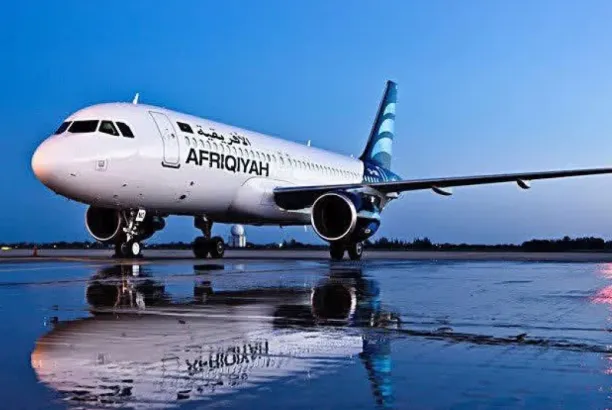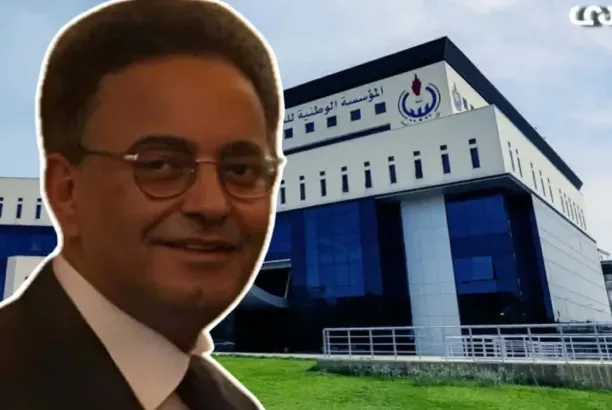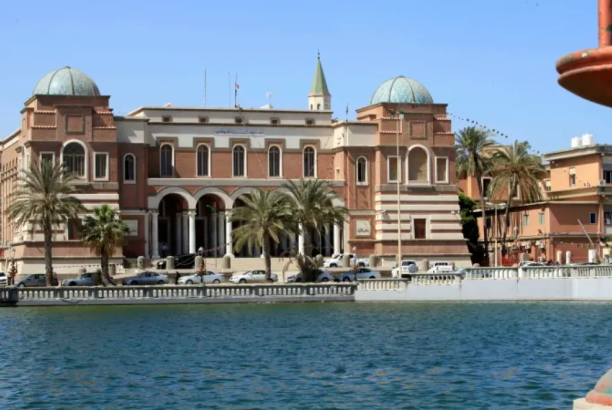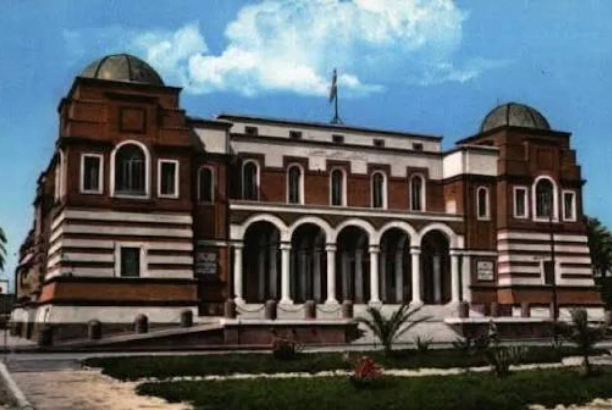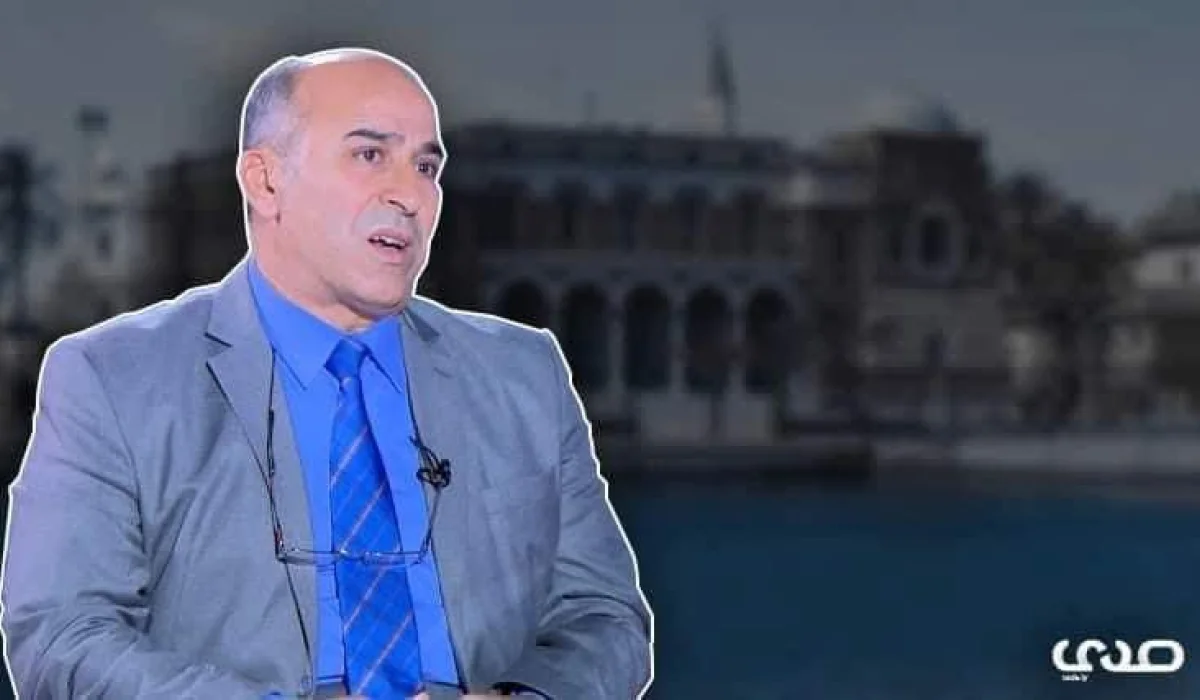
| News
Al-Akkari: “The Central Bank’s Decision to Adjust the Exchange Rate is to Protect Reserves… Our Dinar Will Rise and the Dollar Will Drop the Day National Loyalty Rises”
Banking expert Misbah Al-Akkari stated on his official Facebook page:
When a three-month window is granted to issue a unified budget that serves the entire homeland, with the Central Bank involved in its preparation and allocating the necessary foreign currency coverage based on available capabilities, and this period ends on 31-3-2025…
He continued: And since the Central Bank is an established institution with specialized departments for data analysis and forecasting, it found itself, at the end of the first quarter, in a tough and unenviable position.
He asked: Should it remain silent while reserves continue to erode? Or should it confront the people with financial truths, away from political influences?
He added: The Central Bank has taken a crucial decision regarding the official exchange rate and the related surcharge. The new official rate is now 5.56 dinars to the dollar, and 6.4 dinars for public transactions.
He confirmed that the figures issued by the Central Bank today were previously unknown to the public, and they clearly showed the need for immediate intervention—as is standard practice in central banks worldwide. The Bank didn’t stand by and watch—it took full responsibility.
He revealed that this decision is, above all, a protective move to safeguard the reserves and ensure the country’s financial sustainability, helping it avoid many economic difficulties.
He emphasized: Opinions have varied regarding this decision—some label it unjust, while others view it as “the last resort.”
He continued: A question to the Libyan nation since 2011: Have the emotional decisions that turned Libyan society into one wholly dependent on state salaries—reaching 70 billion dinars annually—and treating them as an acquired right even for those who own shops in Souq Al-Rasheed… is this approach sustainable? And do ongoing subsidy policies that waste oil wealth—now exceeding 50 billion dinars—still serve a useful purpose?
He said: Have you ever heard of a single financial or economic policy decision—whether from the western or eastern government—that aims to reform these policies? Libya’s geographic location has made it a hub for illegal immigration, and many of these migrants have found a home here. Why not? Electricity is free, fuel is dirt-cheap, and Libyans—kind people—have housed them, worked with them in loading goods, and gave them dinars, which were later converted into dollars and sent to their home countries.
He added: Has that optimism disappeared? By God, no—the hope is still alive, and reforms are neither difficult nor impossible.
He continued: My country, with its vast natural resources, is capable of diversifying income sources and building a strong economy that would place us in a far better position than we are today.
He said: Our dinar will rise, and the dollar will drop—but only on the day when genuine national loyalty rises in our country, and our leadership lives up to its knowledge and sincere intentions.


